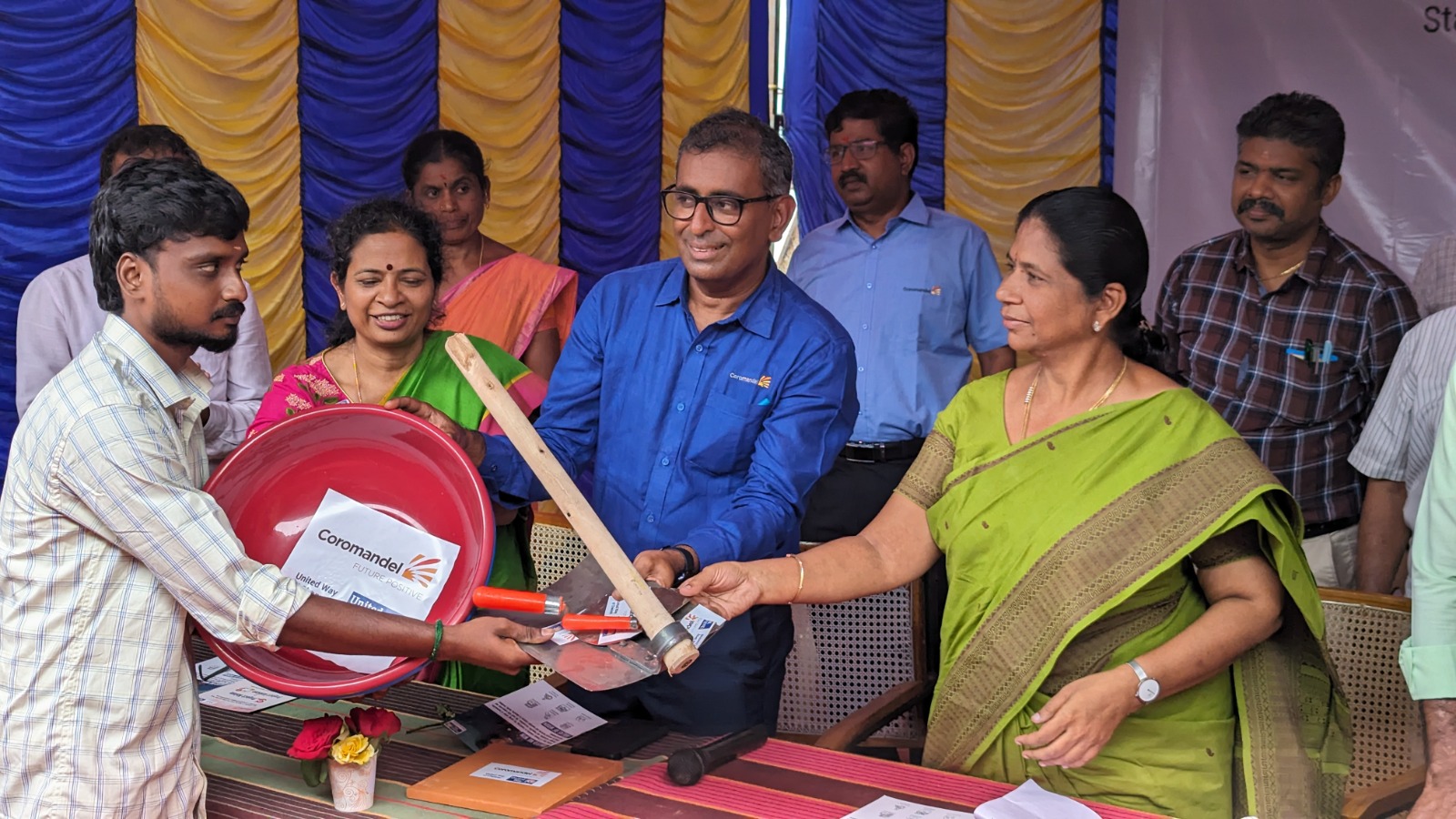Trending Now
- 830 voters names go missing in Kavundampalayam constituency
- If BJP comes to power we shall consider bringing back electoral bonds: Nirmala Sitaraman
- Monitoring at check posts between Kerala and TN intensified as bird flu gets virulent in Kerala
India News
No place for digital media in Digital India?
![]() March 21, 2018
March 21, 2018
A fellow journalist a week back was fuming over an alleged comment from a police officer in Coimbatore that branded him and others of his ilk as social media managers and not given the respect that a journalist deserves. The reluctance to take online media seriously and treat it at par with the print and broadcast is discouraging for most who have made the shift knowing that it is the future. Infact a study conducted by a senior photojournalist for The Tribune Publication in 2016 revealed that the print has started losing young readers. As per the study 18 percent of 15-20 age group, 12 percent of 20-30 age group and 8 percent of 30-40 age group readers have reduced their interest to read print newspapers, they prefer to read online newspapers. And given the rate at which the internet has penetrated in our homes in small villages as well, there is no doubt that Internet users in India will make that shift slowly and steadily just as they have in the western world.
In the west, newspaper circulation has drastically gone down, to the extent that many news organisations have stopped printing the newspapers, and their emphasis is only website. But in India, most news organisations have maintained their newspapers along with a clear emphasis on websites. Sadly, the independent online news portals are the ones feeling lost with accusations of being trollers or fake news hoarders. “Yes, it is sad that digital media journalists and their organisations aren’t taken seriously. The ones with the backing of a big media house are treated well but rest have to struggle. Given that the government is pushing Digital India, they should recognise independant online portals as much as the ones with the backing. No denying that online media has a lot of trash, fake news is a reality but with a bit of regulation, this can be sorted,” says Suhita R, journalist working for Economic Times dot com. Afterall, Online news is instant consumption of news, and with a smart phone in hand who can resist that. The figures are a big reminder of how important online news has become. The study published in The Tribune says,” The growth of online newspapers between 2007-09 have resulted decline of print newspaper circulation 30% in the US, 25% in the UK, and slightly less in Greece, Italy and Canada.” With such figures one can’t deny the importance and the future that we are staring at but ofcourse some say not without regulation.
However, online news businesses have operated without any requirement, in the absence of a policy on online media. “People always associate the word media with print or television. Especially when it comes to journalists, it is either press or channel. The word online news is yet to get familiar with an average indian. At a time when we need to educate people about online portals, derecognising journalists from online media is unfortunate. They are stiff competitors to channel,” a senior journalist from Times Of India (name withheld on request). Adding to the same chain of thoughts, Sayantan Das, a Tech Journalist /blogger says, “Print and television have detailed outline to adhere to. But unfortunately online has very vague outlines. Organisations should be recognised for their work and it is for the government body to regulate the mischiefs of the ones who work without any responsibility. Self regulation is an important tool however, an external body of regulations always helps,” says Chandrani Banerjee, A senior Journalist.
China has recently announced tighter regulation for online news companies that publish, share and edit news. They will need a government licence and senior editors should have approval from the authorities. Journalists need to get official accreditation. Something on the same lines, The Modi government is attempting to regulate online content, which is mainly news and opinions. The government is apparently working on a “code of conduct” and perhaps draft legislation too that it will be “incumbent upon [media] agencies” to follow. During News18 ‘Rising India Summit’ in New Delhi, Smriti Zubin Irani, Union minister for information and broadcasting admitted to the vague regulations existing now, and the government’s work with concerned stakeholders for an outlined regulation. Irani complained about the capacity of fake news to defame and demean, and the tendency of “certain journalists and media personalities” to cross the “very fine line” between news and views”. She did admit that regulating digital and social media requires a balance and a very delicate one. While a lot of senior journalists are in favour of some check and balance but not sure if they would support interference in the name of regulation. “It is important to look at other models so that the power to write isn’t misused to spread fake news. There ought to be some check and balance. It is important to classify journalists and senior journalists should sit together along with I&B Ministry to make some guidelines,” says Senior Journalist G.C. Shekhar.
Reflecting the same thought, Shilpa G from an entertainment portal says, “ No one will be against regulation. Atleast genuine news portals won’t be, because they don’t want to be clubbed with social media and therefore they would welcome it. But what’s dangerous is that she is treating news as social media when she says a self regulatory body will emerge ‘for the social media, at least the news, opinion and entertainment content. Regulations can’t border on curbing of free speech.” Adding, K. Srinivasan, Chairman & Managing Trustee, Digital Journalists Association of India (DiJAI) says , “Guidelines shouldn’t be forced on digital organisations.Only the organisations who want government recognition and special media accreditation should adhere. It is important to understand that news and opinion are not separate. The guidelines should be able to differentiate between fake news, opinion and trolls.”






















